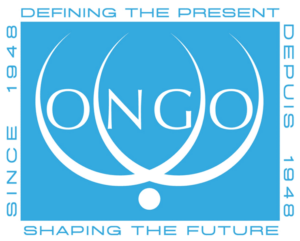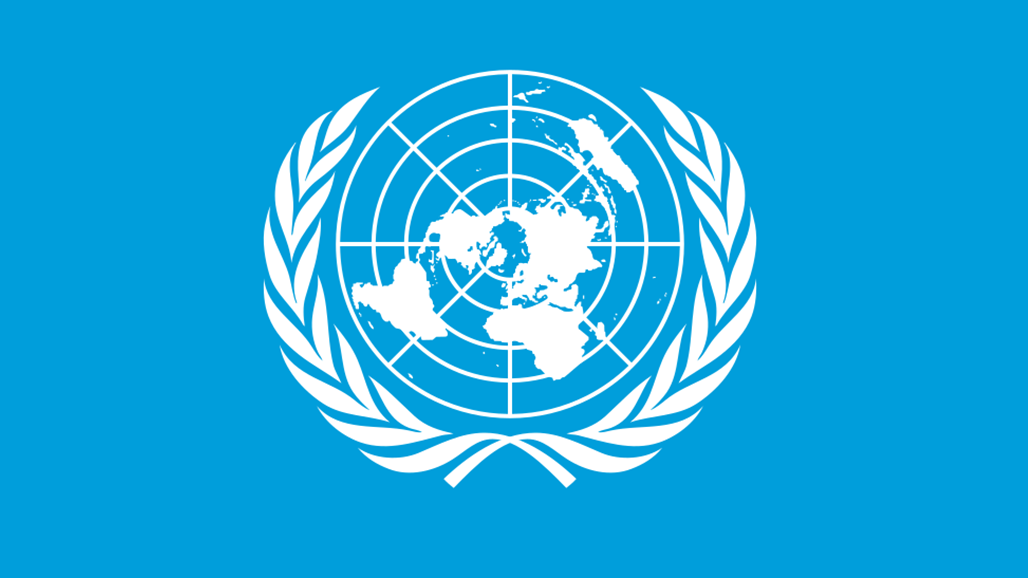CACCI joins NGO Committee on Language and Languages
 The Confederation of Asia-Pacific Chambers of Commerce and Industry (CACCI) joined as one of the 22 inaugural and constituting members of the “NGO Committee on Language and Languages” organized by the Conference of NGOs in Consultative Status with the United Nations (CoNGO), of which CACCI is a member. The formation of the Committee was first proposed in December 2019 under the initiative of Mr. Humphrey Tonkin, President & University Professor of the Humanities, Emeritus, University of Hartford.
The Confederation of Asia-Pacific Chambers of Commerce and Industry (CACCI) joined as one of the 22 inaugural and constituting members of the “NGO Committee on Language and Languages” organized by the Conference of NGOs in Consultative Status with the United Nations (CoNGO), of which CACCI is a member. The formation of the Committee was first proposed in December 2019 under the initiative of Mr. Humphrey Tonkin, President & University Professor of the Humanities, Emeritus, University of Hartford.
According to CoNGO: “Fundamental to the work of the United Nations is the spoken and written word. The United Nations is a place of negotiation and action in which language and communication underlie everything that it does. The UN Secretariat works in two languages; the General Assembly works in six; the various members of the UN family have their own language policies, intended to promote inclusion. Beyond its official languages, the United Nations interacts with the public in a host of other languages. “We need to come together,” Secretary-General Guterres recently declared, “not only to talk but to listen.” Multilingualism is honoured and encouraged in the work of the United Nations.
“Written into many international instruments created or promoted by the United Nations is the principle of non-discrimination on the basis of language. The Universal Declaration of Human Rights stresses access to education, a right to enjoy one’s own culture, a right to a fair trial, and numerous other rights that are dependent on language.
“There is currently no NGO committee that concerns itself with language and language policy, despite the fact that all international NGOs must grapple, to a greater or lesser extent, with language difference. And there are numerous NGOs directly concerned with the teaching of language, with interpretation and translation, and with communication with the public.
“An NGO Committee on Language and Languages could give its attention to UN language policy, to the work of interpreters and translators, to the use of language in the field, and to numerous other aspects of language, among them also the preservation of endangered languages and the promotion of language learning.
“Put in concrete terms, the proposed Committee will cover both language use at the UN (sexist language, the language of hate, the language of peace, human rights language) and the use of languages at the UN (provision of translation and interpretation, documentation, outreach to speakers of other languages, parity among languages, protection and promotion of indigenous languages, etc.).
The founding meeting of the Committee was held virtually on September 9, 2021, mainly to discuss basic matters, including the creation of by-laws and agreement on goals, the establishment of an initial organizing committee, decisions on frequency and topics of meetings, among others. The Committee also agreed to meet regularly for possible briefing sessions on any of the following topics:
- UN language policies and services (with briefing by UN personnel)
- Briefings by NGOs on language-relate issues (internal language policies, hiring of multilingual personnel, policy issues relating to languages, protection of language workers, etc.)
- Language and education (perhaps in cooperation with the NGO Committee on Education)
- Linguistic justice (language and human rights, non-discrimination on grounds of language, etc.) and programmes of UNESCO related to language (endangered languages, indigenous languages, language in education, etc.)
- Sign language
The Committee held its inaugural briefing session virtually on December 7, 2021. Focusing on the theme “Multilingualism and the United Nations: Policy, Practice, and Prospects,” the inaugural session served to publicly launch the NGO Committee on Language and Languages by providing an overview of the current state of multilingualism at the United Nations as well as prospects for the future of multilingualism.




